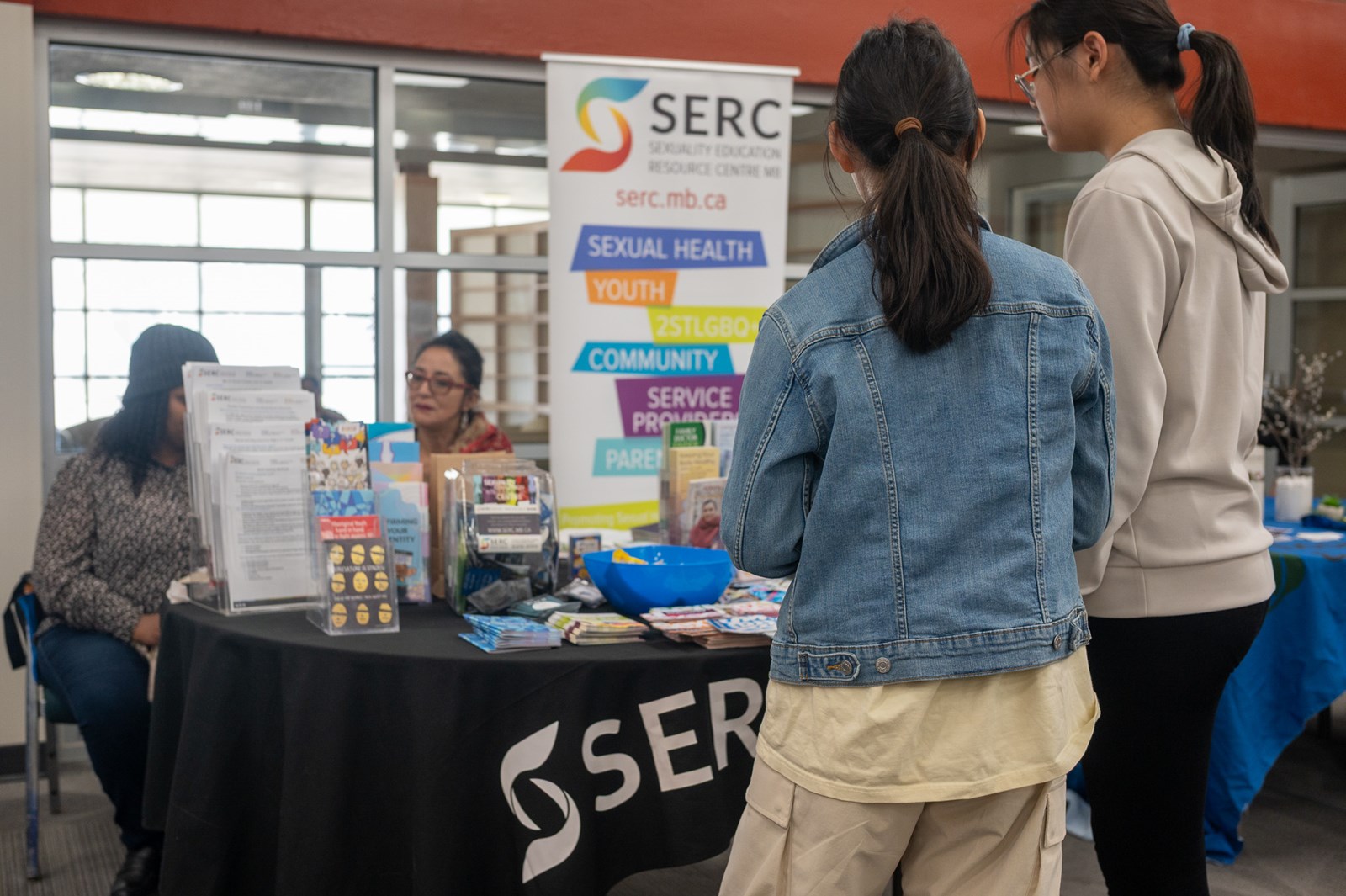Strategic Action 1.3: Trauma-Responsive Practices
Reinforcing our commitment to creating safe, supportive, and predictable environments for all learners and staff.
The Ethic of Hospitality
To ensure all students and families—especially those new to our community—feel a true sense of belonging and safety, we have centered our work on the Ethic of Hospitality. This philosophy guides our efforts to create welcoming and inclusive spaces where every individual is valued and supported from the moment they connect with our schools.
A Deliberate Framework
A dedicated committee of teachers, clinicians, and school leaders has been established to develop a comprehensive professional learning framework for trauma-responsive practices. This group is researching best practices and defining clear outcomes to ensure a unified and effective approach across the division.
Therapeutic Crisis Intervention
In collaboration with Staff Services, we have adopted the TCI model from Cornell University as our division-wide, trauma-responsive intervention model. This evidence-based approach provides staff with the skills to prevent and de-escalate potential crisis situations, fostering a safer environment for everyone.
What We've Accomplished

Committee Research and Learning
- Began establishing outcomes and phases for professional learning in trauma-responsive practices
- Compiled existing content to construct a professional learning framework targeting these outcomes

Framework Design and Outcomes
- Centered work related to supporting newcomer students on the Ethic of Hospitality (), to ensure all students and families feel belonging and safety

Adoption of Intervention Models
- Collaborated with Staff Services to explore trauma-responsive intervention models
- Adopted the Therapeutic Crisis Intervention (TCI) model from Cornell University as the division’s trauma-responsive intervention model

Training and Implementation of Therapeutic Crisis Intervention (TCI)
- Scheduled TCI trainer training for divisional staff (including SCST teachers, clinicians, and school reps) during the 2024-2025 school year (Jan-May 2025)
Where We're Going

Development of a Unified Professional Learning Model
- Develop and implement a comprehensive professional learning model to establish common language and approaches division-wide
- Align the model with and complement the outcomes of the TCI training

TCI Training Implementation
- Conduct three-day TCI training for all EAs, School Administrators, and Student Services Teachers, led by divisional trainers
- Deliver one-day TCI training for all other school staff (secretarial and custodial), led by divisional trainers

Sustainability and Certification
- Establish a plan for maintaining trainer certification and regular reviews of TCI practices for all staff
Strategic Overview
- Began developing a professional learning framework for trauma-responsive practices.
- Adopted the Therapeutic Crisis Intervention (TCI) model from Cornell University.
- Scheduled TCI trainer training for key staff for the 2024-2025 school year.
- Implement a comprehensive professional learning model division-wide.
- Deliver TCI training to all school-based staff.
- Establish a sustainability plan for TCI certifications and reviews.
